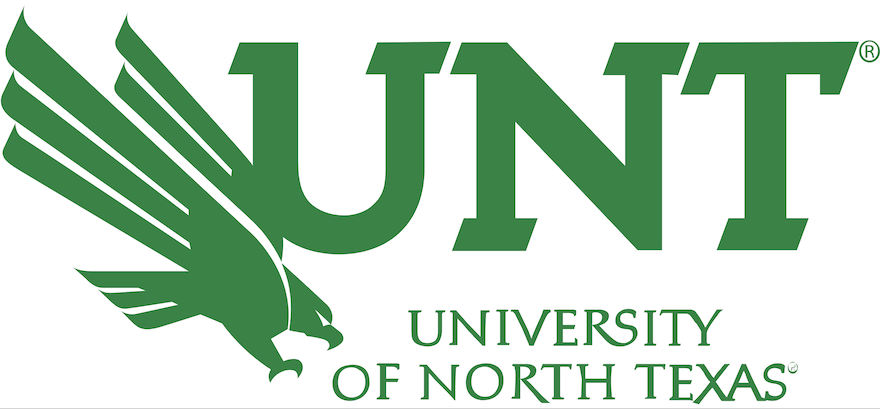The 1EdTech Digital Credentials Summit brings together educators, employers, and talent/HR professionals for two action-packed days of collaboration and innovation.This is the only annual cross-sector leadership event focused on advancing a learner-centered digital credentials ecosystem and shaping new educational models that bridge learning and career.
Join 1EdTech Consortium, 11-12 February 2020, at the Hyatt Regency Atlanta Perimeter at Villa Christina in Atlanta, Georgia, to hear about the exciting initiatives and programs that are helping students and workers connect education with employment opportunities. Participation in the Summit is open to all individuals and organizations interested or engaged in breakthrough work with digital credentials and workforce partnerships to support lifelong achievement and learning.
THANK YOU
Digital Credentials Summit 2020 Sponsors

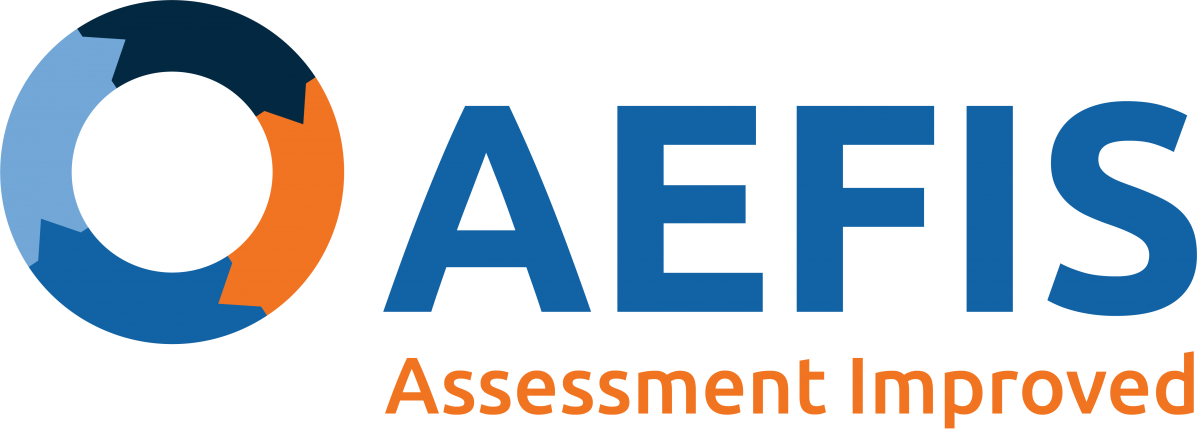

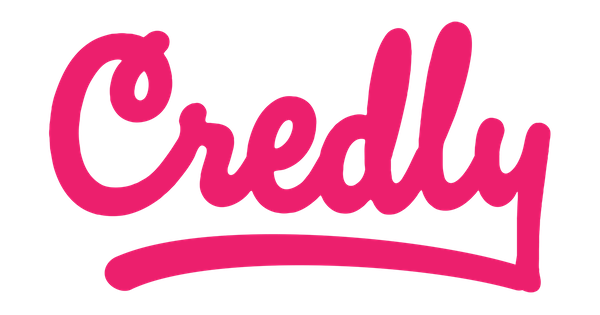

AGENDA & PRESENTATIONS
Tuesday – 11 February
Registration
Breakfast
Innovations for Lifelong Learning

Credentials, Education, and Workforce: A Look at the Future
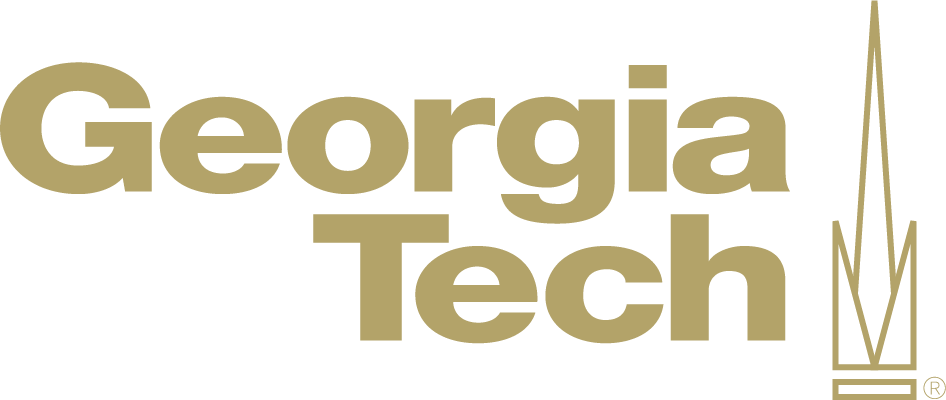

The Intersection of Work, Education, and Technology
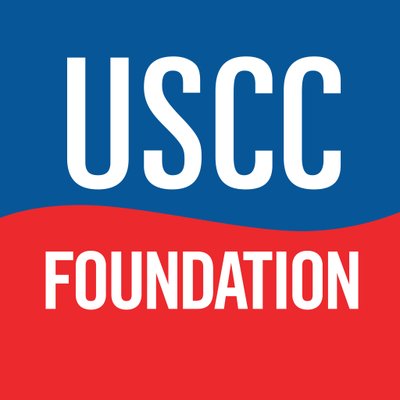

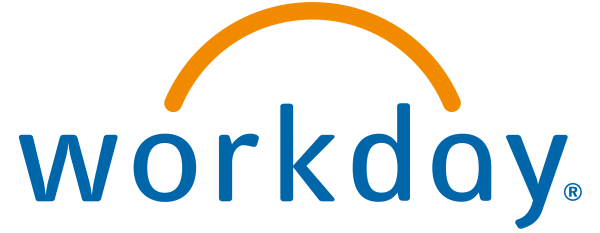
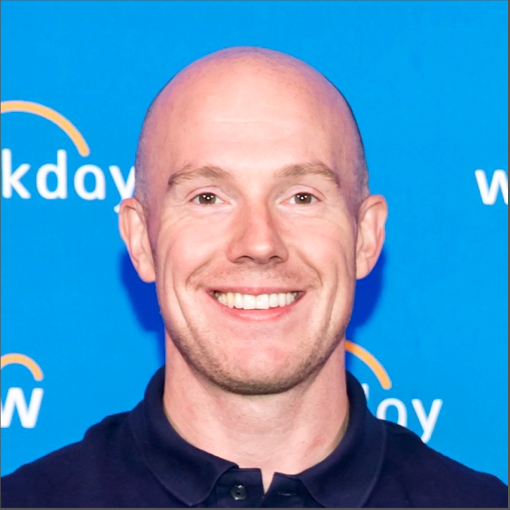


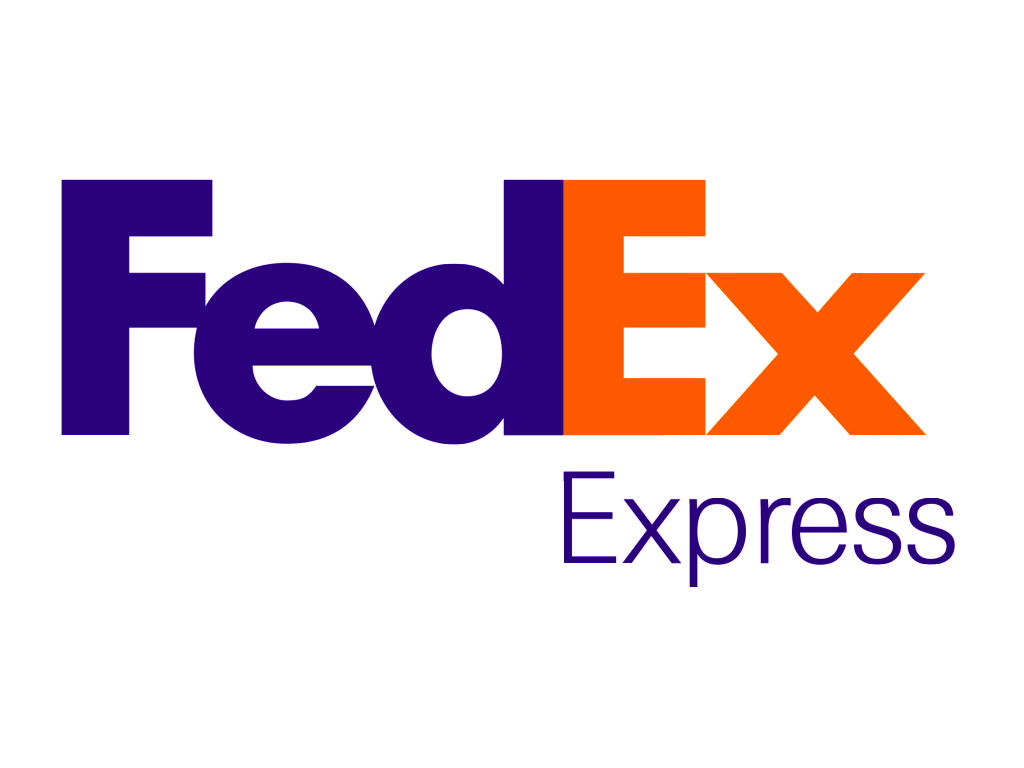
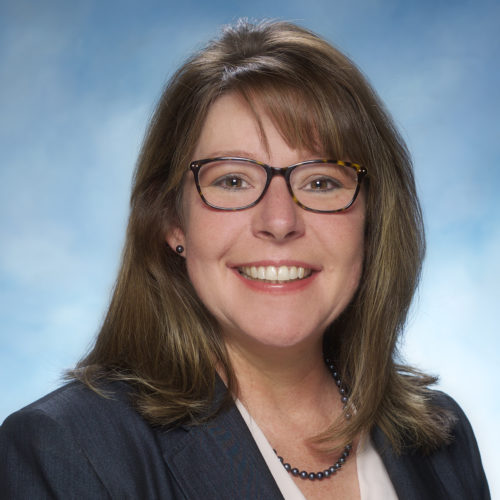


AACRAO’s Vision for Standards-based Digital Learner Records

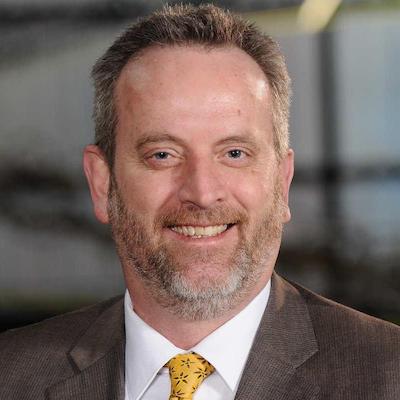
Failure to Reflect is Failure to Progress: Uncovering the Superpowers of Comprehensive Learner Record (CLR)
The power of self-reflection is invaluable to one’s growth during an academic or professional career. Yet, learners need an intentional approach to self-reflection. The AEFIS platform provides and end-to-end solution to implementing Comprehensive Learner Record (CLR) which provides verified, validated and self-issued achievements as visual display of artifacts and feedback in real-time. In collaboration with a diverse set of institutional partners, we will share use-cases of CLR and the powerful reflection processes that empower learners and earners with evidence of their achievements. Download presentation.
Related resource: Exploring A New Transcript for Lifelong Learning


Equity, Competency, and the Whole Child Experience in K-12 Education
With student equity in high focus, the time is right for us to take the vision of a Comprehensive Learner Record (CLR) into mainstream acceptance and adoption in K-12. Colleges are increasingly looking for more holistic validations of admission applicants and schools are more determined than ever to capture growth in learning across the whole child experience, from leadership to academic achievement. We are excited to marshall the national OESIS Network behind this worthy public-private partnership. Download Equity in K-12 presentation. Download PIVOT presentation.
Related resource: OESIS Network Report on the The Future of K-12 Transcripts
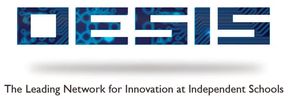

How 1EdTech is Enabling the Lifelong Learning Ecosystem


Lunch
Follow the Data: What HR Leaders Want Educators to Know Today
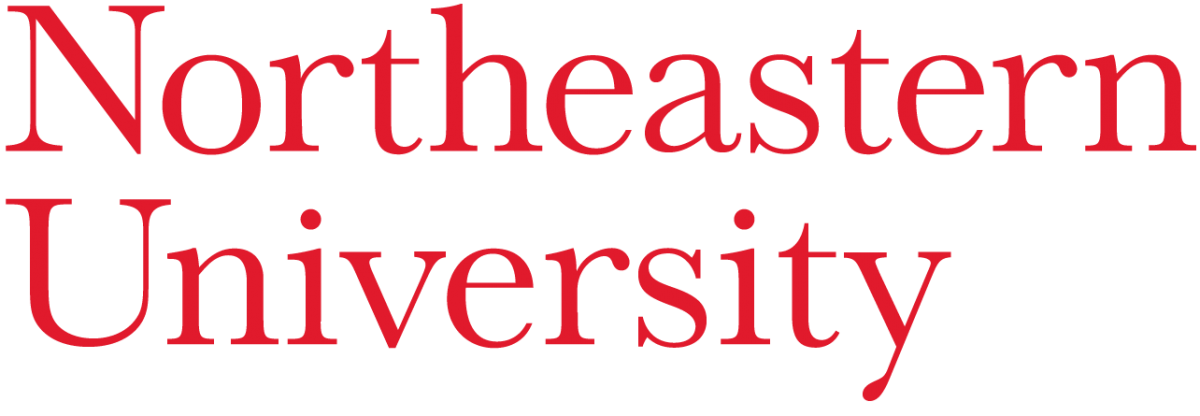
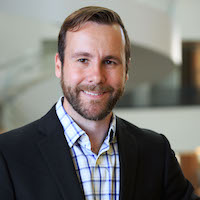
Applying the Network Approach to the Resume Problem
There's an old adage about job seeking that, "It's not what you know; it's who you know." It's time to update that adage—and the standard resume—to more accurately reflect the future of work. We believe it's a combination of what you know, how you communicate it, and who you can connect with. Digital credentials in isolation have laid the foundation of what's next for the resume. Join us to find out what Credly and it's robust network of credential issuers have planned for connecting industry with learning, and opportunities with qualified individuals. Download presentation.
Related resource: The Impact of Digital Credentials on the Future of Work


Great Educators are Better Collaborators

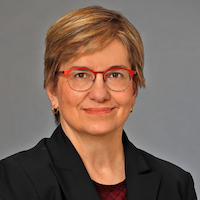



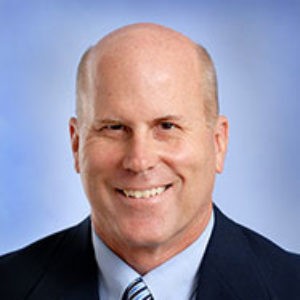



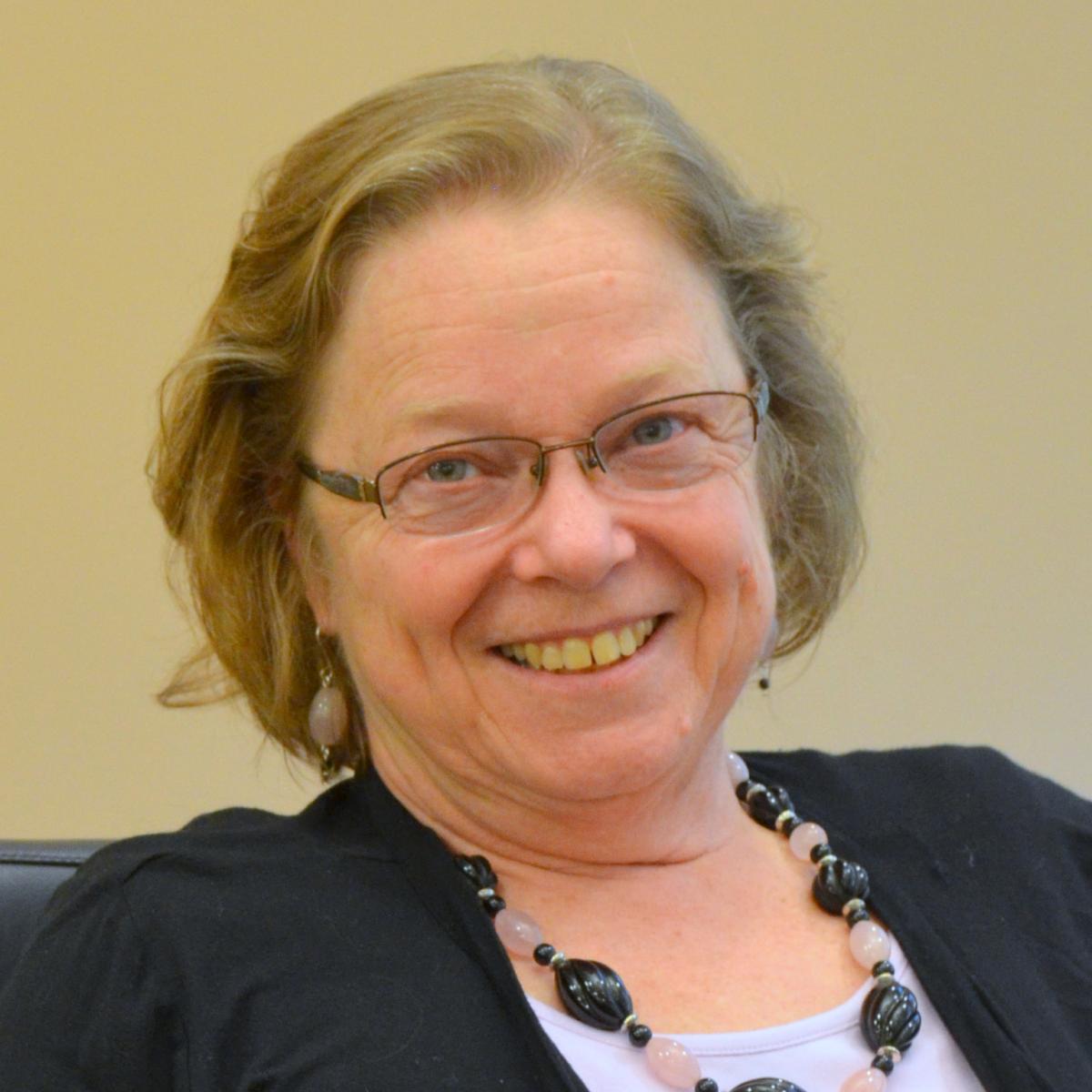
Break
Reconceptualizing Implementations of Digital Badging
Many people consider digital badging and micro-credentialing to be nascent practices in higher education. Though numerous institutions have engaged in efforts to leverage the technology and standards, several challenges—such as adoption practices, program-oriented thinking, and unfocused value expectations—persist and are hindering opportunities for broader adoption of Open Badges. Campus Labs will share its vision for helping institutions reconceptualize the implementation of digital badging and micro-credentialing in order to mitigate these challenges. Download presentation.
Related resource: Building a Digital Credentialing Program for Education


The Future of the Registrar: 2020 and Beyond
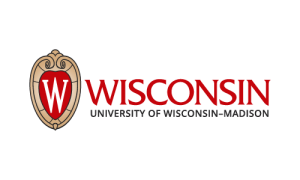


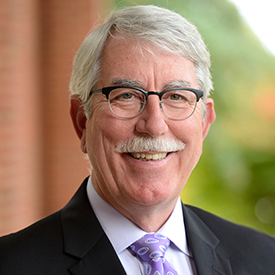



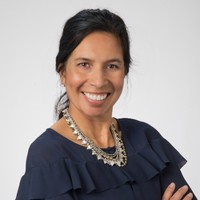

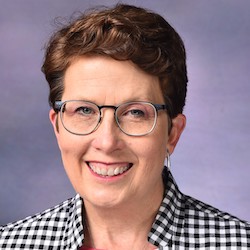
A National Call to Action: Interoperable Learning Records


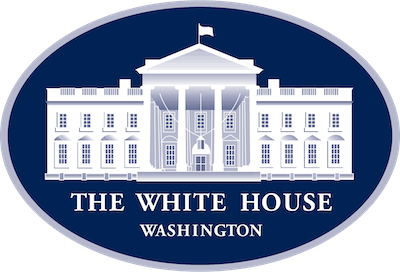
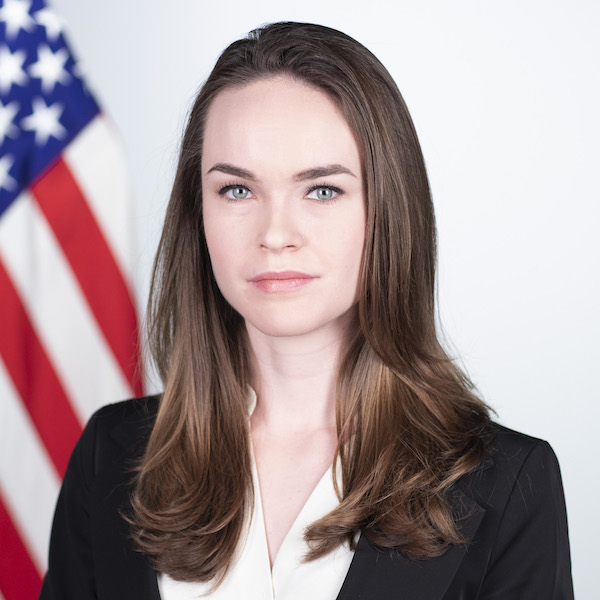
Day One Wrap Up

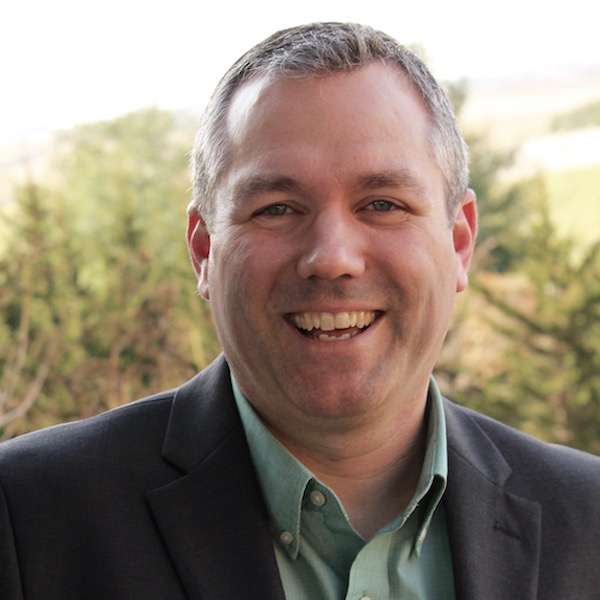


Wednesday – 12 February
Registration
Breakfast
Using Badges to Build Student Capacity for Lifelong Career Success


How the PIVOT Transcript Partnership Can Move the Ball on Student Equity




Crypto-Credentials: Education Blockchains and the New Currency of Opportunity

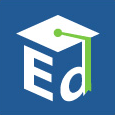





Utah Microcredentials: Building a State K-12 Digital Credentials System

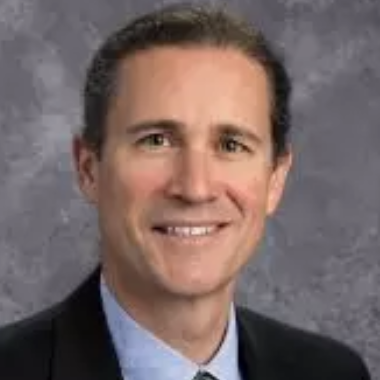
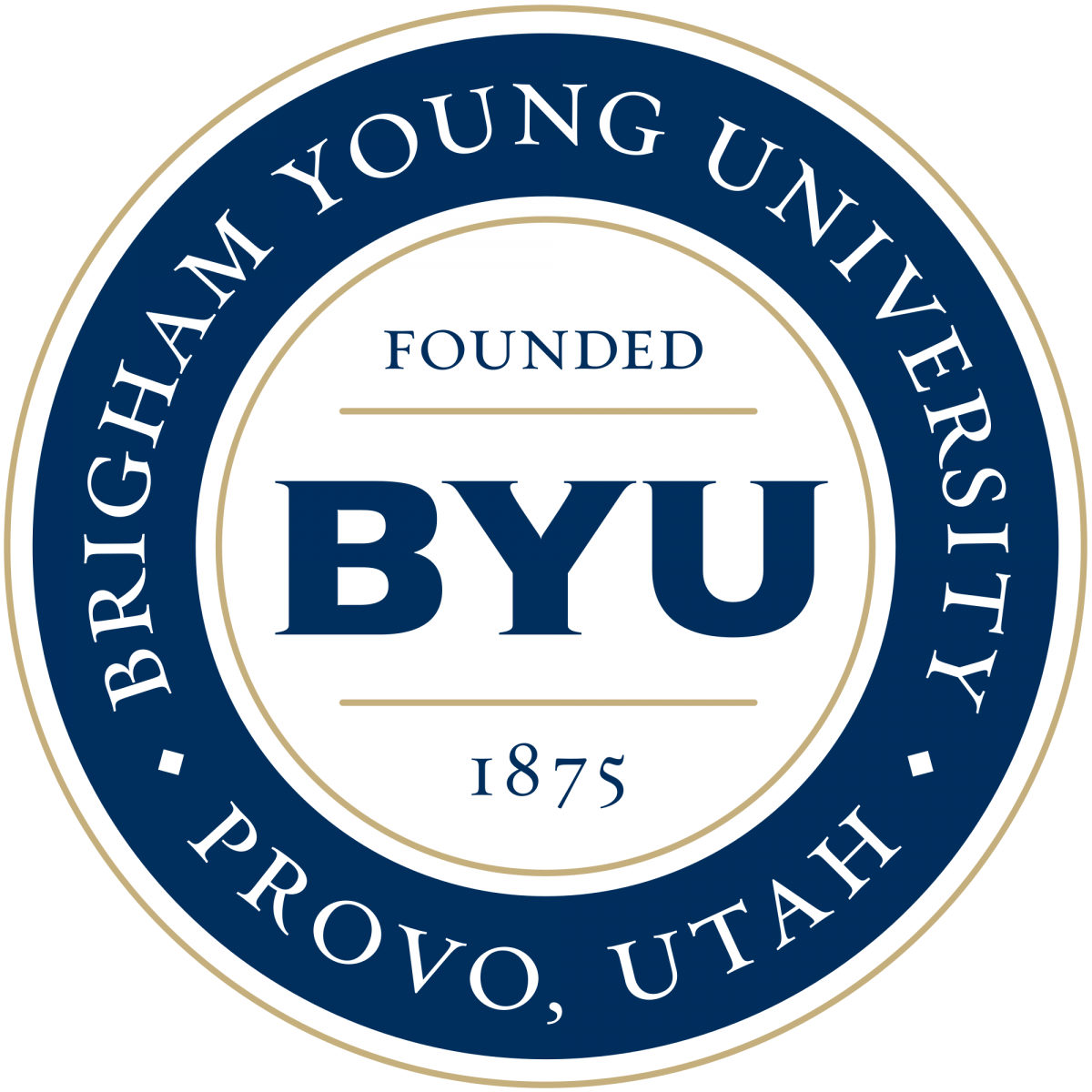
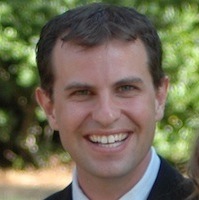
Break
Recognizing Lifelong Learning with Stackable Credential Pathways

Competency-based Teacher Professional Development Supported by CASE and CLR


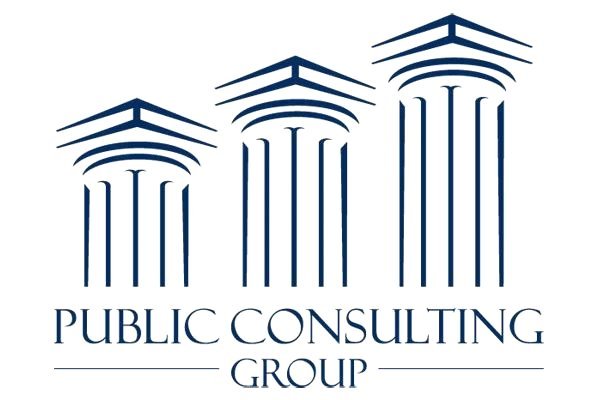

Learning Models that Recognize Skills, Competencies, and Achievements for Lifelong Learning

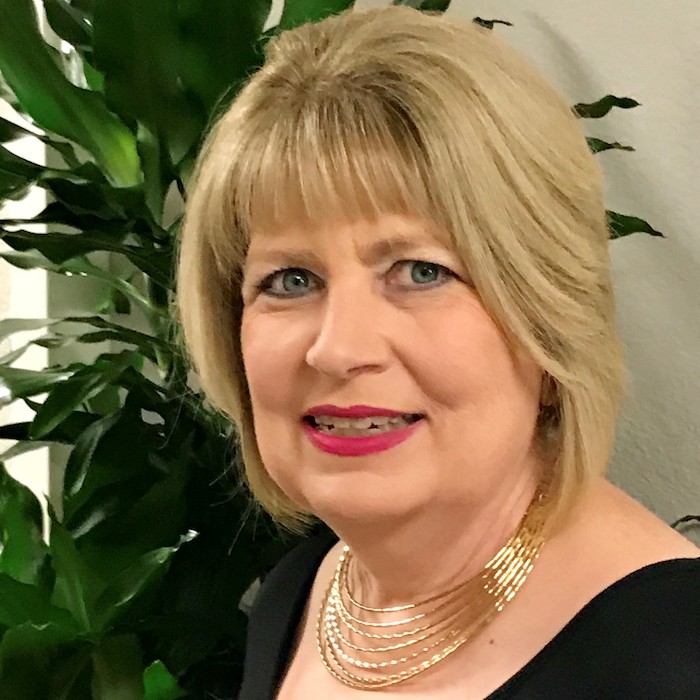
Advances in Open Badges: Demonstration of Badge Connect API
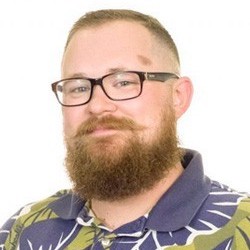


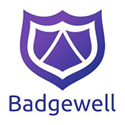

Lunch
Thinking About Quality For Digital Credentials






Credentialing Online: Compelling Stories of Three Online K-12 Programs


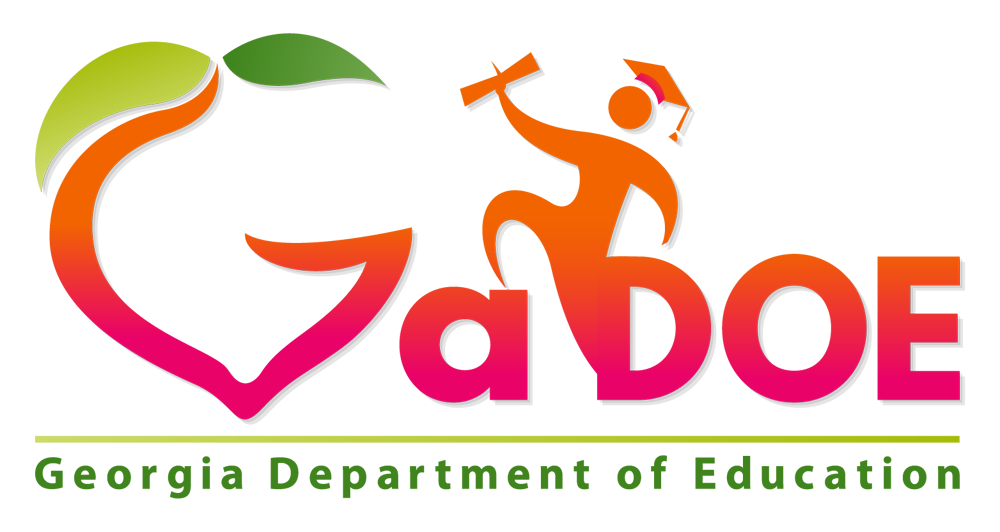

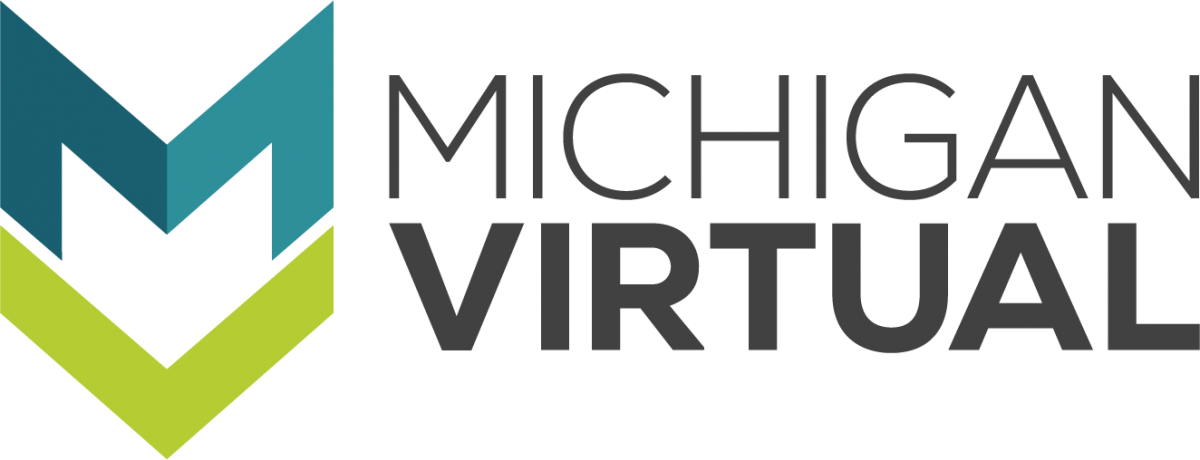
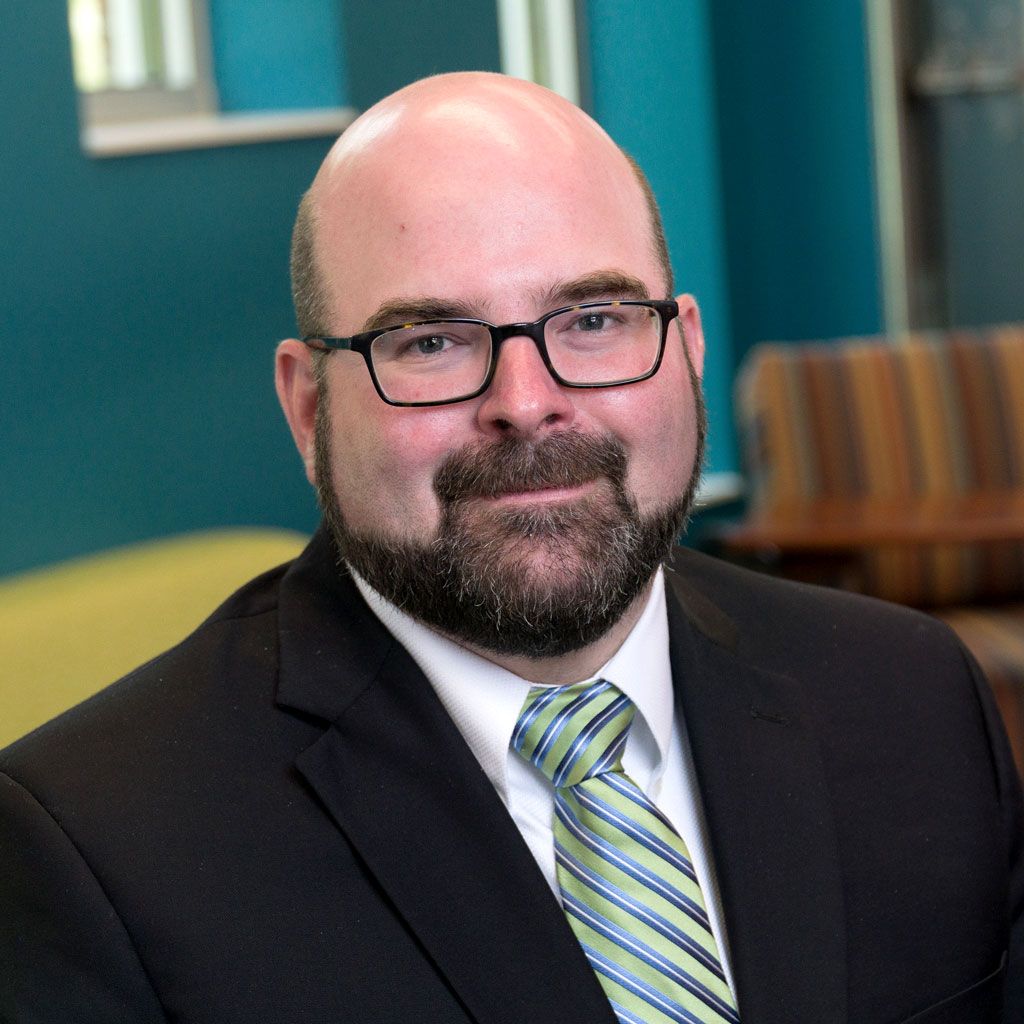


The CLR: A Scalable, Portable Solution that Provides the Learner with the Narrative They Deserve!





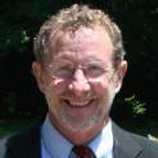
Open Badges & CTE: Explore the Missing Link in the Earning Ecosystem
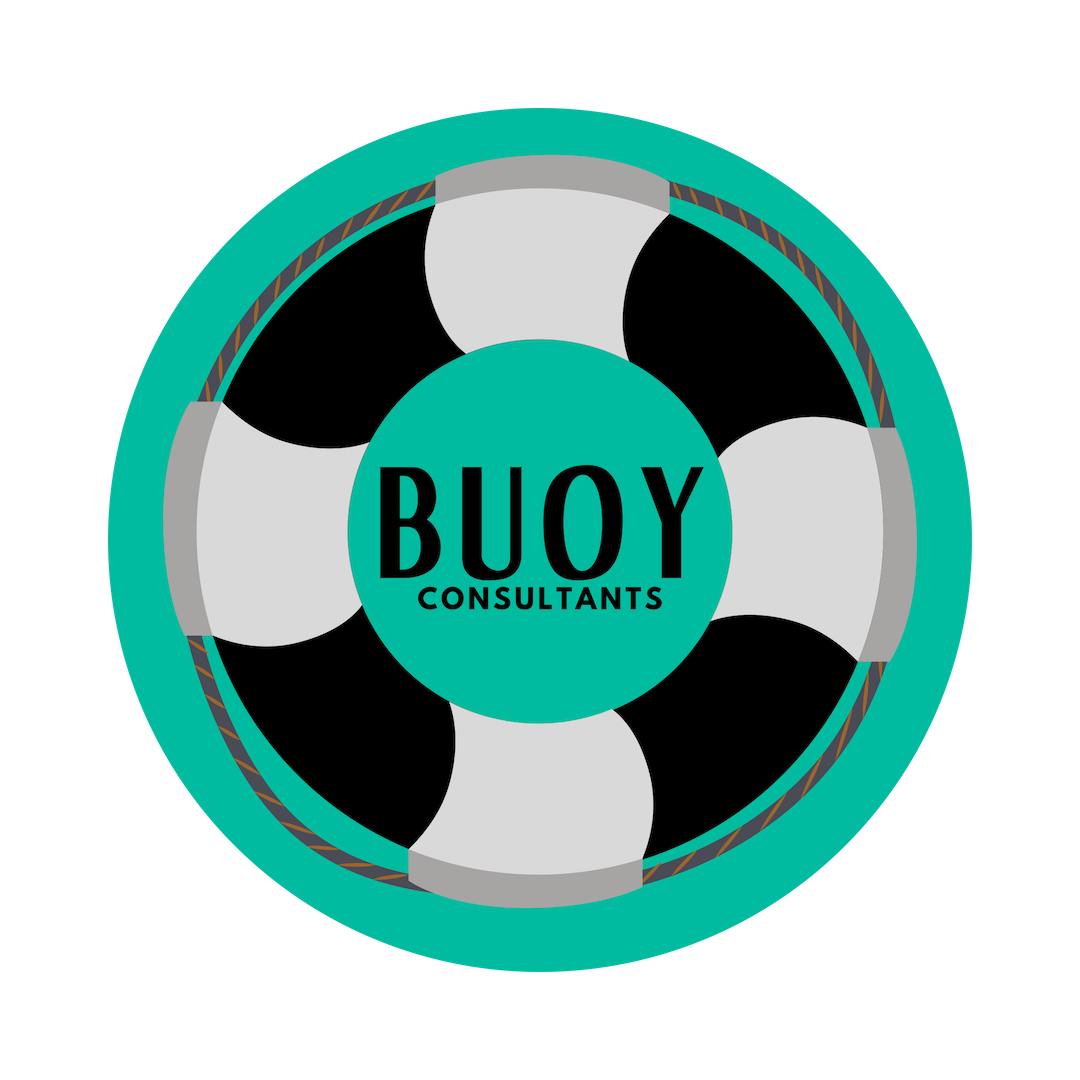

Leveraging an Entire Institution to Design a Scalable Credentials Strategy
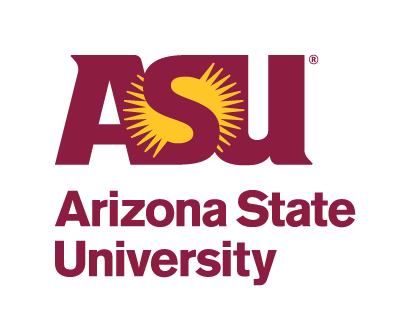



Upskilling Employees

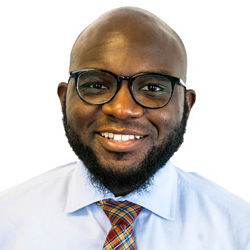

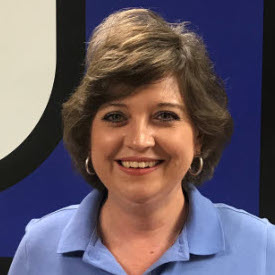
Break
Opportunity Ready: Microcredentials to Engage the Incarcerated Population
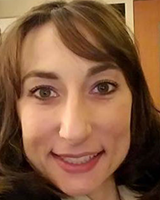






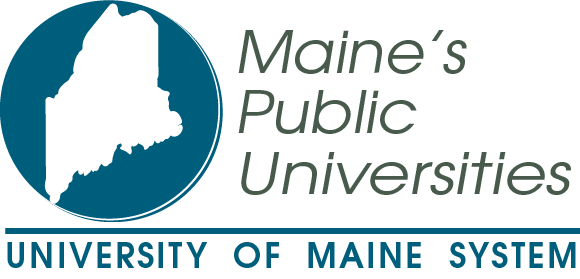

Connecting People to Jobs: National and International Initiatives




Blockchain-Based Academic Credentials at Georgia Tech


Comprehensive Evidence of Learning: Evidence, Artifacts, Signals
